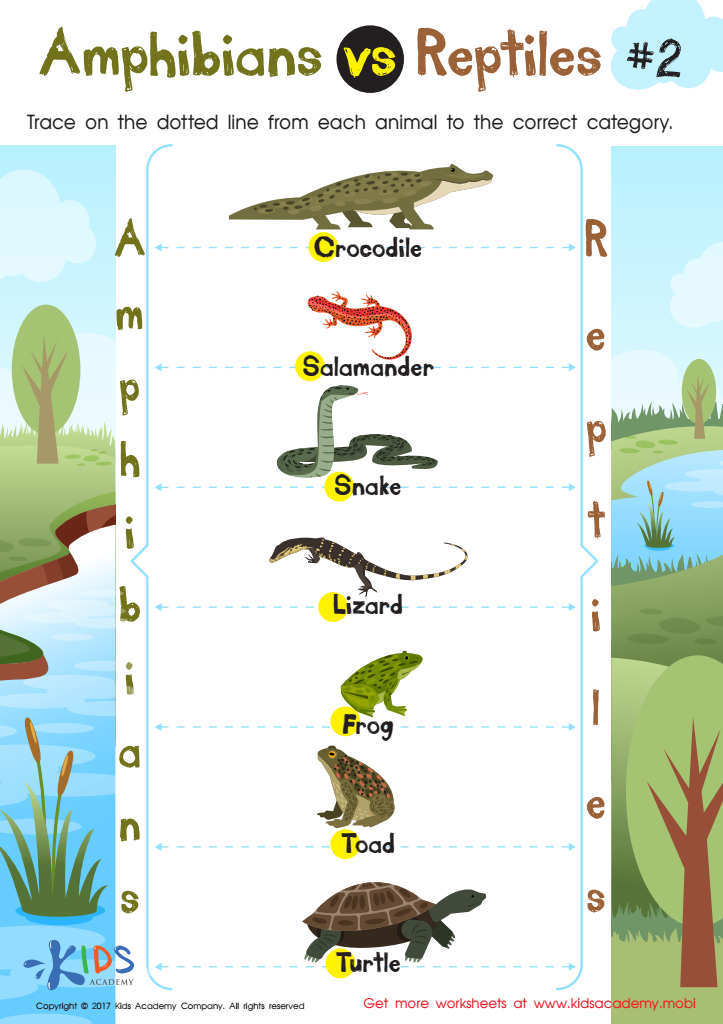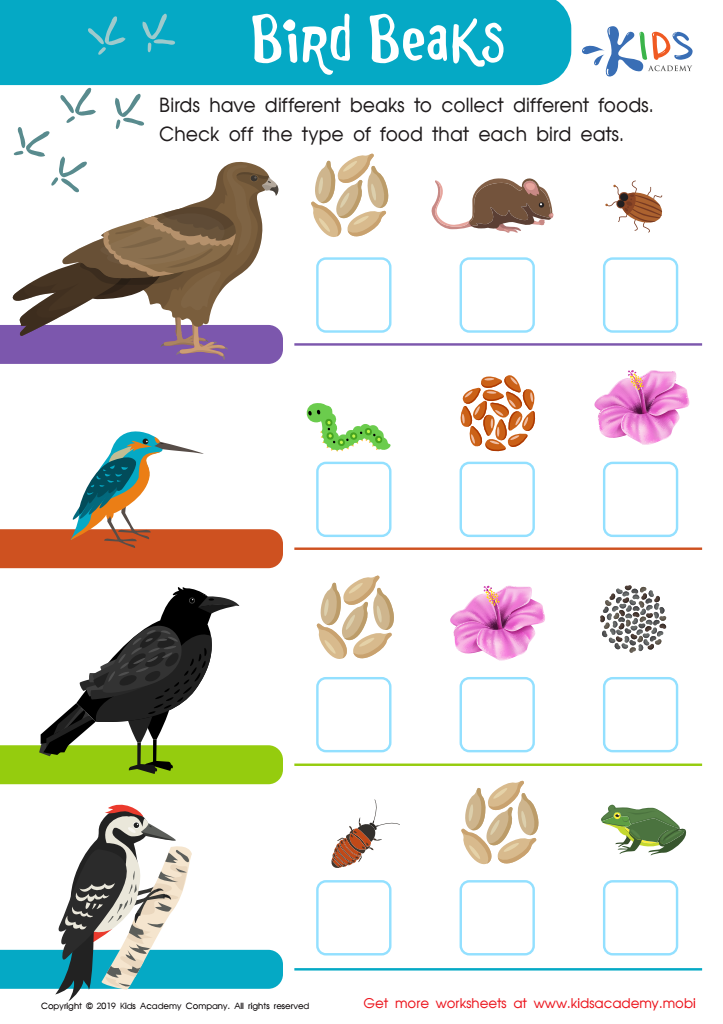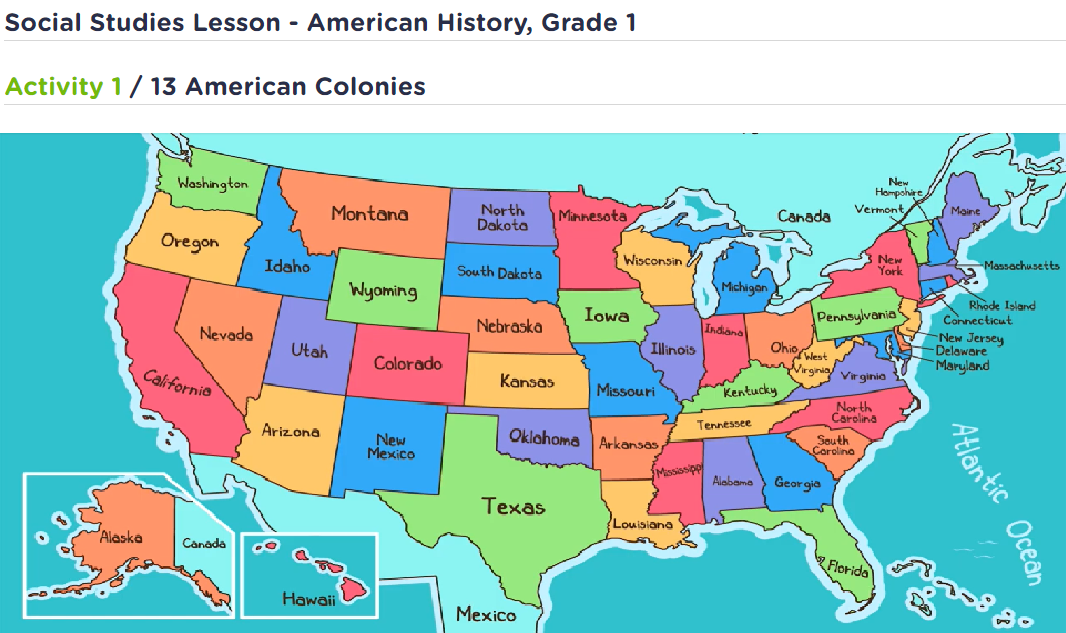Classification skills Normal Science Worksheets for Ages 7-9
5 filtered results
-
From - To
Unlock your child’s potential with our Classification Skills Normal Science Worksheets for Ages 7-9! These engaging, curriculum-aligned worksheets are designed to enhance young learners' ability to organize, sort, and classify information. Through fun and interactive exercises, children will develop critical thinking and observation skills essential for scientific inquiry. Perfect for classroom or home use, our colorful worksheets capture the imagination and stimulate a love for science. Encourage hands-on learning and pattern recognition as your child groups objects, understands categories, and discovers relationships within the natural world. Empower your child today with Kids Academy’s superior learning tools!


Matter: Assessment 1 Worksheet


Amphibians vs Reptiles Worksheet for 3rd Grade


Bird Beaks Worksheet


Animals and Plants: Assessment 2 Worksheet


Space: Assessment 2 Worksheet
Classification skills are essential for young children aged 7-9, as they form the foundation for higher-level cognitive functions and scientific thinking. Classification involves sorting objects, ideas, or information into categories based on shared characteristics, which is pivotal in the development of logical thinking and problem-solving abilities.
For parents and teachers, fostering these skills ignites curiosity and nurtures their child’s inherent scientific inquiry skills. Understanding how to classify helps children make sense of the world around them, recognizing patterns and relationships between objects. This skill is directly linked to core subjects such as math, reading, and science. For example, grouping objects by color, size, or function can lay the groundwork for understanding numbers and order in mathematics or organizing and comprehending content in reading and language arts.
Moreover, classification develops critical thinking and analytical skills. As children learn to group and differentiate items, they enhance their decision-making processes and deepen their understanding of complex concepts. It is through these early practice sessions in categorization that children learn to formulate questions, gather data, and draw conclusions – skills paramount in scientific exploration.
In summary, by prioritizing classification skills, parents and teachers empower children to structure their thinking, thereby fostering a robust platform for academic success and practical life skills, ultimately raising keen, methodical learners prepared for future educational challenges.
 Assign to My Students
Assign to My Students














